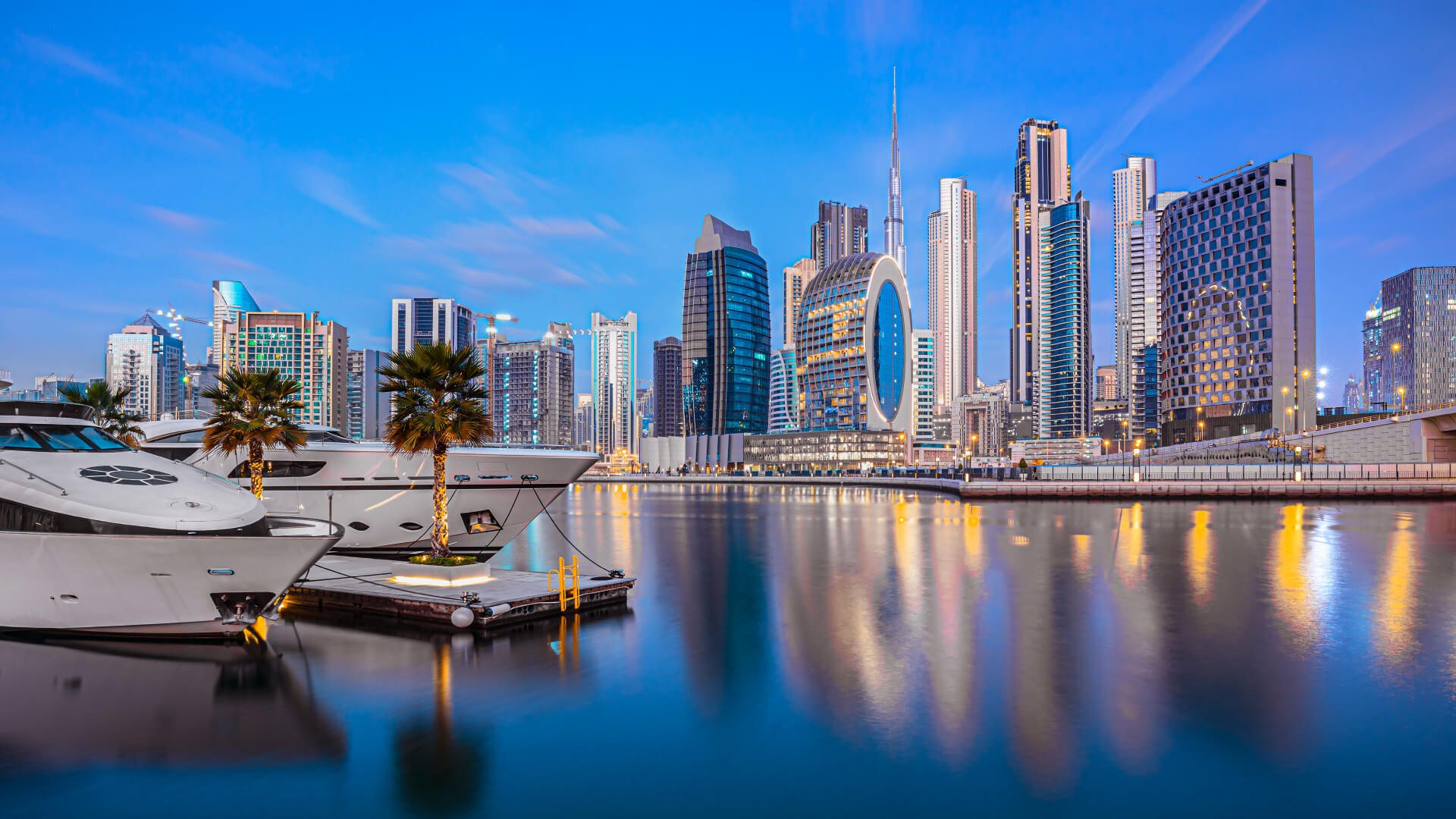Signature Collection
Explore SignatureAre you exploring property investment opportunities in Dubai? Before making a decision, it’s essential to grasp the different types of property ownership available. While freehold and leasehold ownership are widely recognized, commonhold property is another key category that buyers should understand.
What is Commonhold Property?
Commonhold property in Dubai refers to apartments where the owner has full freehold rights over their unit but not the land beneath it. Unlike freehold villas or townhouses, which include land ownership, commonhold property applies mainly to apartments. Owners have the same rights as freehold property owners, allowing them to buy, sell, rent, and pass on the property as inheritance without restrictions. Additionally, they may qualify for a UAE residence visa.
Since the land is collectively owned, commonhold property owners contribute to maintaining shared areas through service charges. These charges cover expenses such as cleaning, security, and general upkeep, ensuring the building remains in excellent condition.

Owning a commonhold property comes with certain recurring costs. In addition to the purchase price, property owners must pay regular service charges for maintaining the building's shared spaces. These charges vary based on factors such as location, developer, unit size, and the overall services provided.
Typical service charge components include:
- Maintenance and Repairs
- Utility and Cooling Services
- Building Management Fees
- Insurance and Security Services
- Cleaning and Landscaping
To provide transparency, the Dubai Land Department (DLD) offers a Service Charge Index, where owners can check current fees for their buildings and a detailed breakdown of associated costs.
Difference Between Commonhold and Freehold Properties
Commonhold Properties | Freehold Properties | |
| Ownership Type | Owners hold a long-term lease (usually indefinite) but share ownership of communal areas. | Owners have complete ownership of both the land and the property indefinitely. |
| Governance | Managed by a Commonhold Association (like a homeowners' association) that oversees shared facilities and maintenance. | No third-party control or management body unless within a gated community requiring service fees. |
| Responsibilities | Owners are responsible for contributing to maintenance costs of shared areas through service charges. | Owners are solely responsible for maintenance, repairs, and property modifications. |
| Transferability | Owners can sell, lease, or mortgage their unit independently, but must comply with the commonhold rules. | Owners can freely sell, lease, or modify the property without restrictions from an external governing body. |
| Control Over Property | Limited individual control as the commonhold association sets rules for maintenance and property use. | Full control over usage, renovations, and modifications, subject to local zoning laws. |
| Location | More common in apartment buildings, mixed-use developments, and communities with shared facilities. | Common in standalone houses, villas, and some townhouses in designated areas. |
Top Areas With Commonhold Properties in Dubai
Commonhold properties are found in designated freehold zones across the city. Some of the most sought-after areas for commonhold apartments include:
- Business Bay
- Dubai Marina
- Downtown Dubai
- Jumeirah Village Circle (JVC)
- The Springs
- The Meadows
For those interested in commonhold villas, notable areas include:
- Al Barari
- Al Furjan
- Al Warsan
- DAMAC Hills

These areas offer high-end residential communities with modern amenities, making them attractive investment options.
FAQs
Yes! Expats can invest in properties in freehold areas, including commonhold properties, across Dubai. Locations such as Al Furjan, Dubai Hills Estate, and Palm Jumeirah offer excellent investment opportunities.
It depends on the buyer’s preferences. While commonhold property allows for freehold ownership of apartments with shared responsibilities, leasehold properties come with a 99-year tenure and reduced maintenance obligations. Buyers should consider their long-term goals before deciding.
A freehold property means complete ownership of the property and, in the case of villas, the land it is built on. Commonhold property refers specifically to apartments, where the owner has freehold rights over the unit but shares the land with other residents.
If a leasehold property expires after 99 years, ownership may either revert to the original landlord or be converted into a freehold property, depending on the property laws at the time.
For more information, get in touch with us at Provident
 Apartments
Apartments Villas
Villas Townhouses
Townhouses Penthouses
Penthouses Commercial
Commercial See All Properties
See All Properties Commercial
Commercial Property Management
Property Management List Your Property
List Your Property Mortgages
Mortgages Conveyancing
Conveyancing Short Term Rentals
Short Term Rentals Property Snagging
Property Snagging Partner Program
Partner Program Currency Exchange
Currency Exchange PRYPCO
PRYPCO Ethnovate
Ethnovate Plots
Plots
